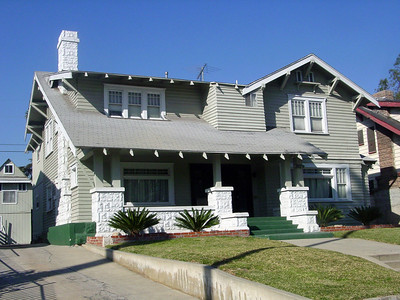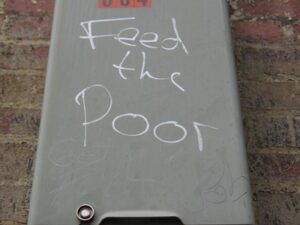Home prices are falling. While that may be good news if you are looking to buy, that has property tax consequences for a place like WCC. According to industry analysts, the housing market is poised to experience the second-largest price correction in nearly 80 years.
The first correction – of course – happened between 2006 and 2012, when housing prices dropped by nearly 30%. The notion that housing prices can fall was something of a rude awakening for people because it had never really happened in the post-WWII era. People view residential real estate purchases as well-behaved investments, where sales prices always move in only one direction: up.
Investments – no matter what they are – can (and do) lose value. (I series bonds might be the exception.) So, speculation that the housing market is about to deal a correction is unsettling, especially to those who remember the upheaval of the Great Recession.
If such a correction occurs, how bad will it be and how long will it last? According to analysts at Goldman Sachs, housing prices will drop by nearly 8% between June 2022 and sometime in early 2024. Moody’s predicts a bigger drop – 10% over a longer period. They believe the market will hit bottom in late 2025. That is if – and only if – there is no concurrent recession. If a recession occurs, housing prices could drop by 15%-20%.
These numbers look at the housing market overall in the United States. Moody’s considers certain markets to be “significantly overvalued.” According to Moody’s, Ann Arbor is one of these markets at 32% overvaluation.
Property tax collection will be a casualty of a market correction
A housing market correction at the magnitude that the analysts predict would be worrisome. Here is why.
Michigan law caps property tax increases at a rate of either 5% or the rate of inflation, whichever is less. That effectively divorces a property’s taxable value (TV) from its State Equalized Value (SEV). The TV is the basis for calculating property tax. The SEV is the maximum taxable value a property can have. The law caps the TV of a property. The SEV is not. If a property’s TV is smaller than its SEV, the property tax will rise, regardless of what the housing market is doing.
That means the market value of your house can drop like a rock, but until your TV meets your SEV, your property tax will still go up. That is good for your municipality, but not good for you. Once your TV and SEV are the same, your TV will follow your SEV. If that continues to drop, your property tax will start to go down.
Why is any of this important?
Ann Arbor’s real estate market is overvalued (apparently by a lot!), so Ann Arbor homeowners will not see their TV and SEV shake hands for a while. If a housing correction occurs, Ann Arbor homeowners could see rising property taxes throughout the correction period, regardless of how long it lasts.
The rest of Washtenaw County is not “significantly overvalued.” Washtenaw County taxpayers living outside of Ann Arbor have a much better chance of seeing their TV and SEV equalize during the correction. That means their property taxes will decrease, especially if a recession accompanies a correction.
Ann Arbor could get stuck with rising taxes, falling home prices
WCC gets $60M+ in property tax collections from Washtenaw County, but according to the county’s equalization report, more of WCC’s property tax collection comes from outside Ann Arbor than inside it. Should a lengthy recession coincide with the housing correction, WCC’s property tax collections could drop for several years starting in 2024 or 2025.
Lower property tax collections will mean less money in the General Fund. Unfortunately, this drop in funding could occur right when the largest bonds from the Health and Fitness Center come due. With less money in the General Fund, it will be exceedingly difficult to make increased debt service payments on top of the college’s regular expenses.
No one knows exactly how this will play out, but it seems that now (and the near future) is not the safest time to approve any new revenue-backed bond issues. The WCC Trustees have a habit of making ill-considered decisions. But if the Trustees authorize any new revenue-backed bonds and this does come to pass, I will be here to say, “I told you so.”
Photo Credit: Kansas Sebastian , via Flickr






















